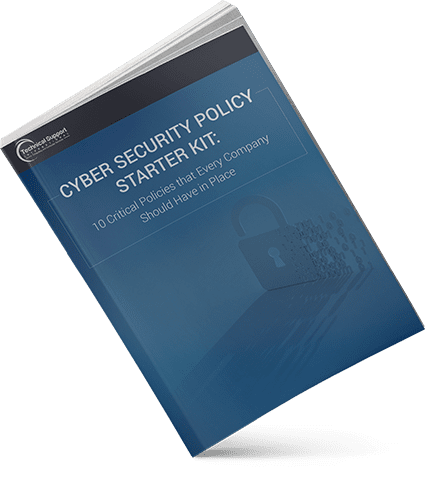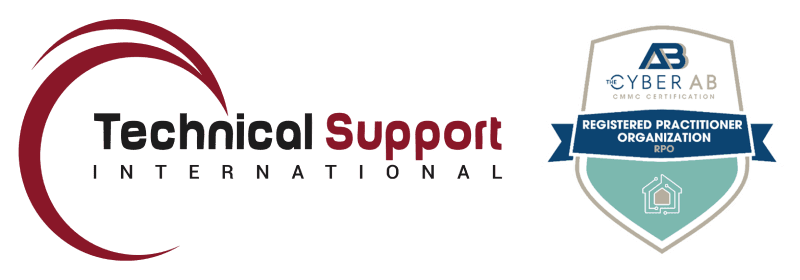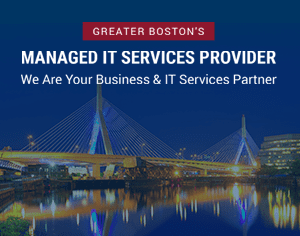Blog

Why a Hybrid Infrastructure Makes Sense For Small Businesses
The latest outages of Public Internet Cloud Services, which affected millions of Microsoft Office365 and Amazon Web Services users in the US, is yet another example for why I am a strong proponent for businesses to consider a mix of Cloud and On-Premise technologies for hosting their data, commonly referred to as a Hybrid Infrastructure.
One of the most common complaints when cloud outages occur is determining the unknown. What caused the outage to occur? How long will it be until your organization will regain access to your information? When technology is solely based on premise, business owners can turn to their local IT provider, receive updates on their situation, and manage expectations. When an outage occurs like with Amazon Web Services, or Microsoft Office365, subscribers are left feeling utterly helpless. With the only available update being either a vaguely worded press release stating “We are working diligently to restore services as soon as possible”, or a general 800 number that regurgitates a near identical prerecorded message.
When email is affected, some new 3rd party providers such as Intermedia is stepping up to the plate. Their offerings ensure Email Continuity through specifically designed products that eliminate downtime in the event of an outage. For Microsoft customers, when their primary Office365 exchange online services become unavailable, Intermedia kicks in to provide seamless connectivity.
However, problems can be much more severe when a business chooses to store 100% of its data in the cloud, and finds itself suddenly unable to access any information or conduct business. In these situations, a Hybrid Infrastructure, such as the one provided by Egnyte, just makes sense. A typical hybrid solution combines the benefits of the Cloud, with on premise hardware, thus allowing you to keep critical business data available in almost any situation. The data stored in the Cloud synchronizes with your local server in real time, so in the event of any sort of disruption to connectivity, business operations can continue.
I found that one of the greatest advantages of Egnyte is that regardless of where the data is being stored, it is being managed using the same security tools, allow an organization to maintain full control over their IT environment while having the efficiencies cloud management offers. Hybrid Infrastructure configurations are flexible, but most importantly scalable, to meet nearly any organization’s needs.
If your company is concerned about business continuity, or wish to learn more about Hybrid technologies, Contact Us today!
Confident with Your IT Strategy?
If you found the information in this blog post helpful and you'd like to discuss your business' technology strategy, then we'd be happy to hear from you.
Categories
- Backup & Disaster Recovery
- Business Operations
- Case Studies
- Cloud Services
- Cyber Security
- Employee Spotlight
- Finance & Budgeting
- Glossary Term
- Governance & IT Compliance
- Managed Services
- Mobile Device Management
- Network Infrastructure
- NIST 800-171 & CMMC 2.0
- PCI
- Podcast
- Project Management
- TSI
- Uncategorized
- vCIO
Cyber Security Policy Starter Kit:
10 Critical Policies That Every Company Should Have in Place


